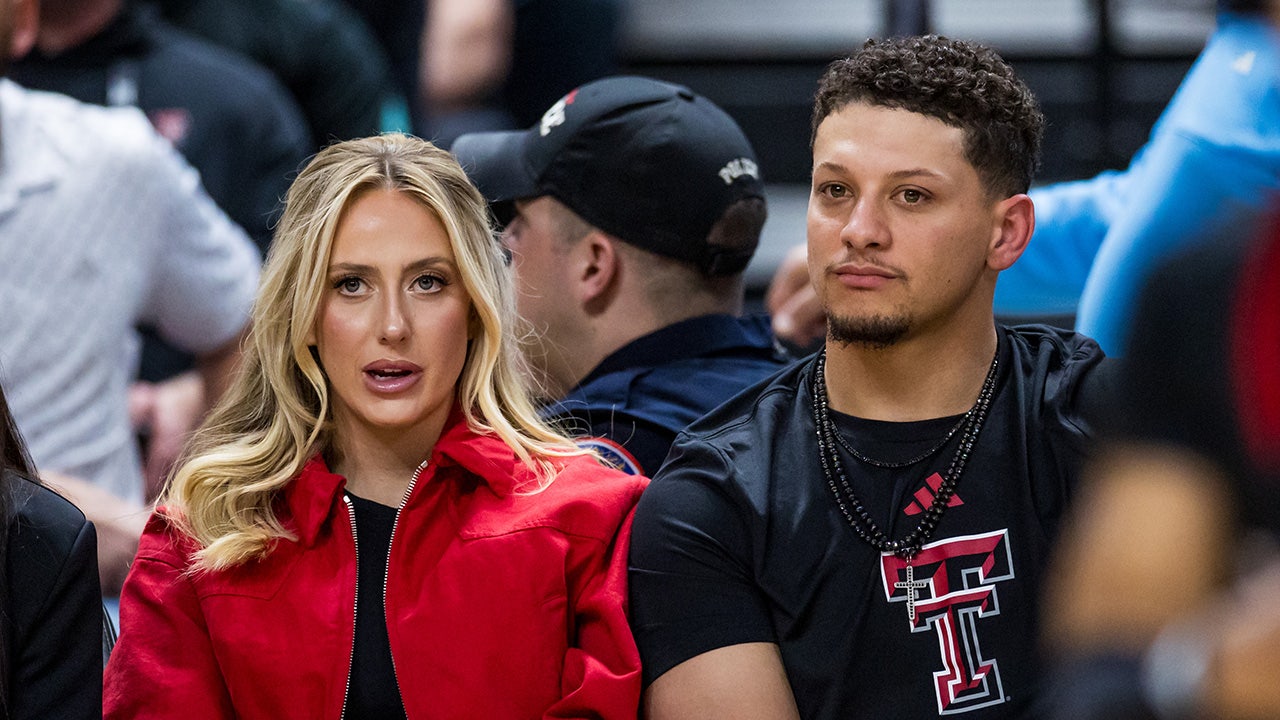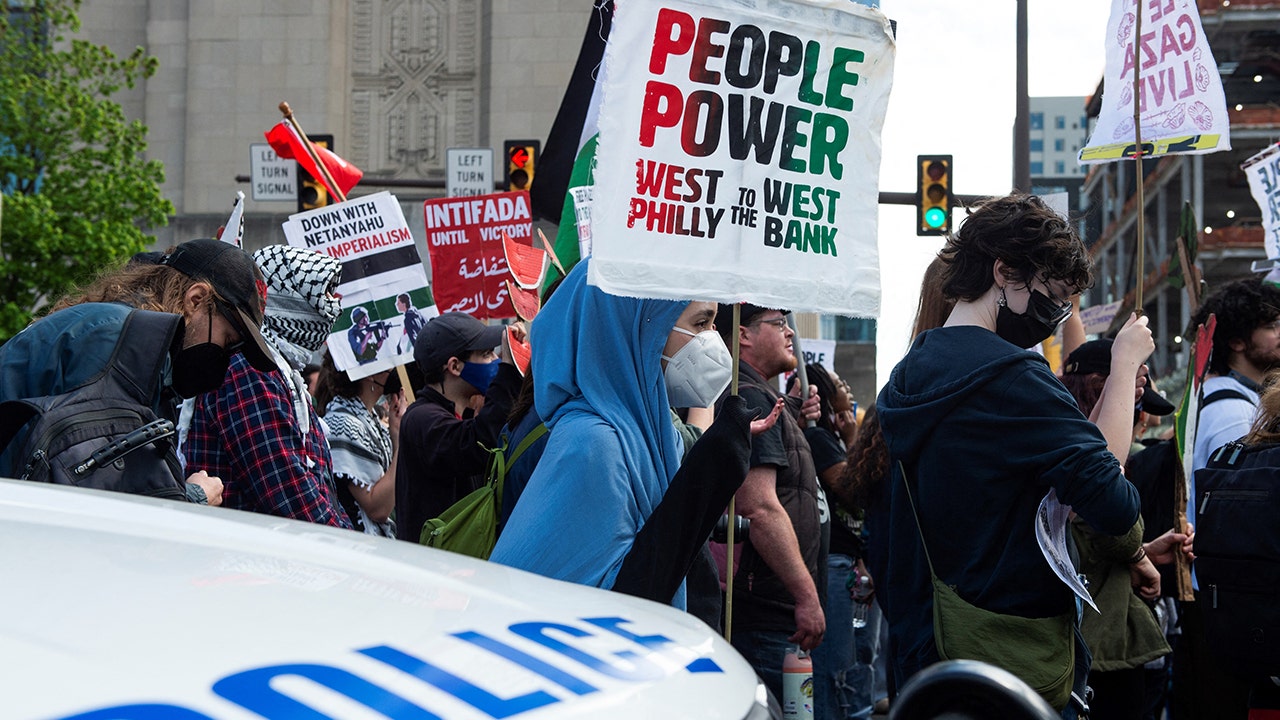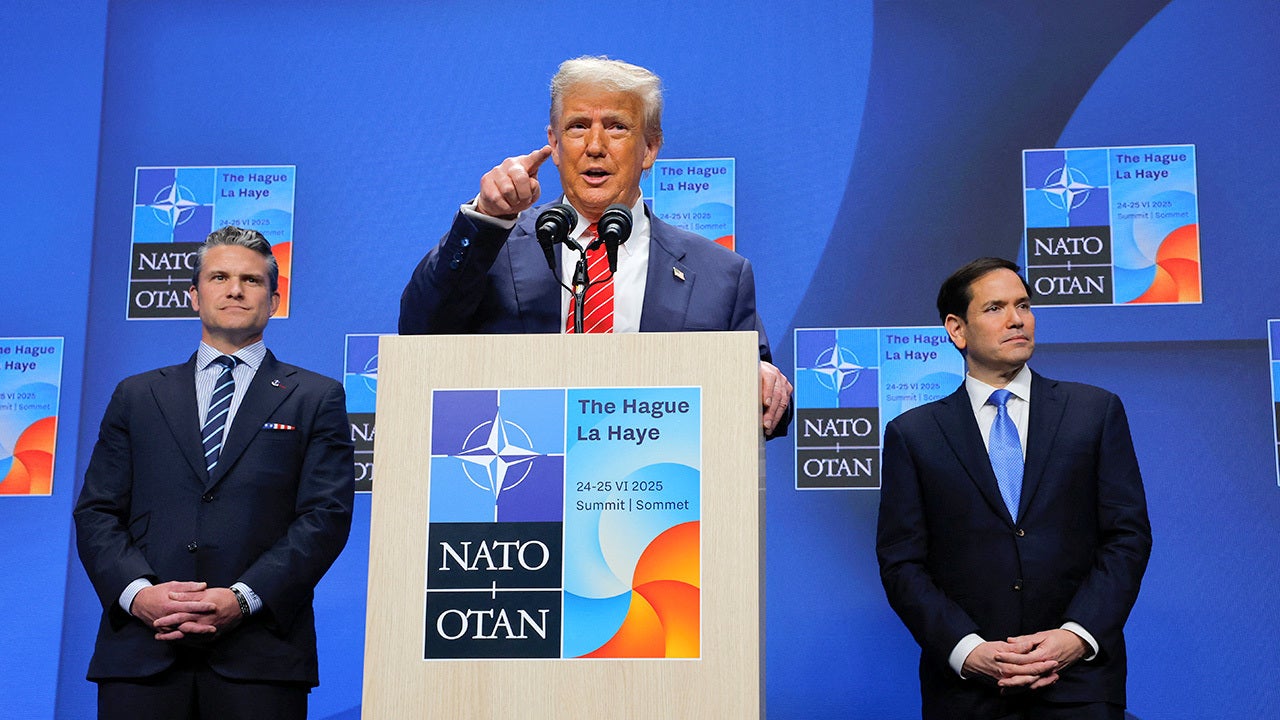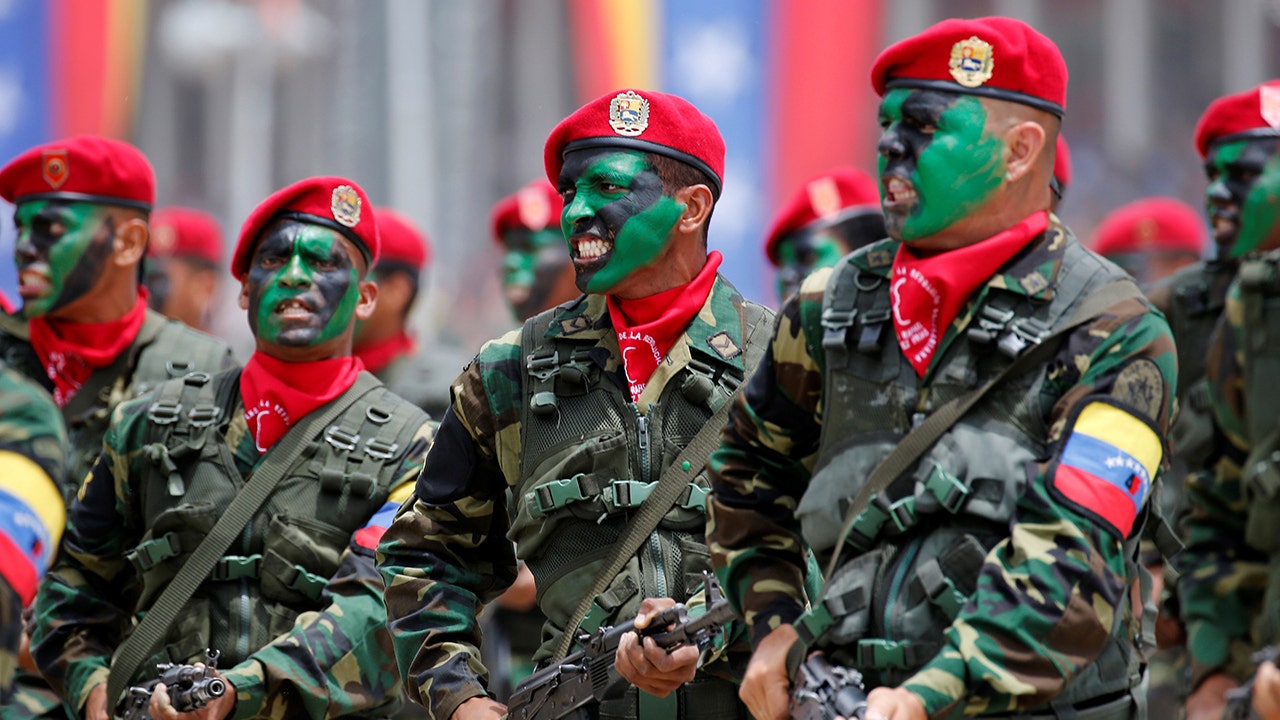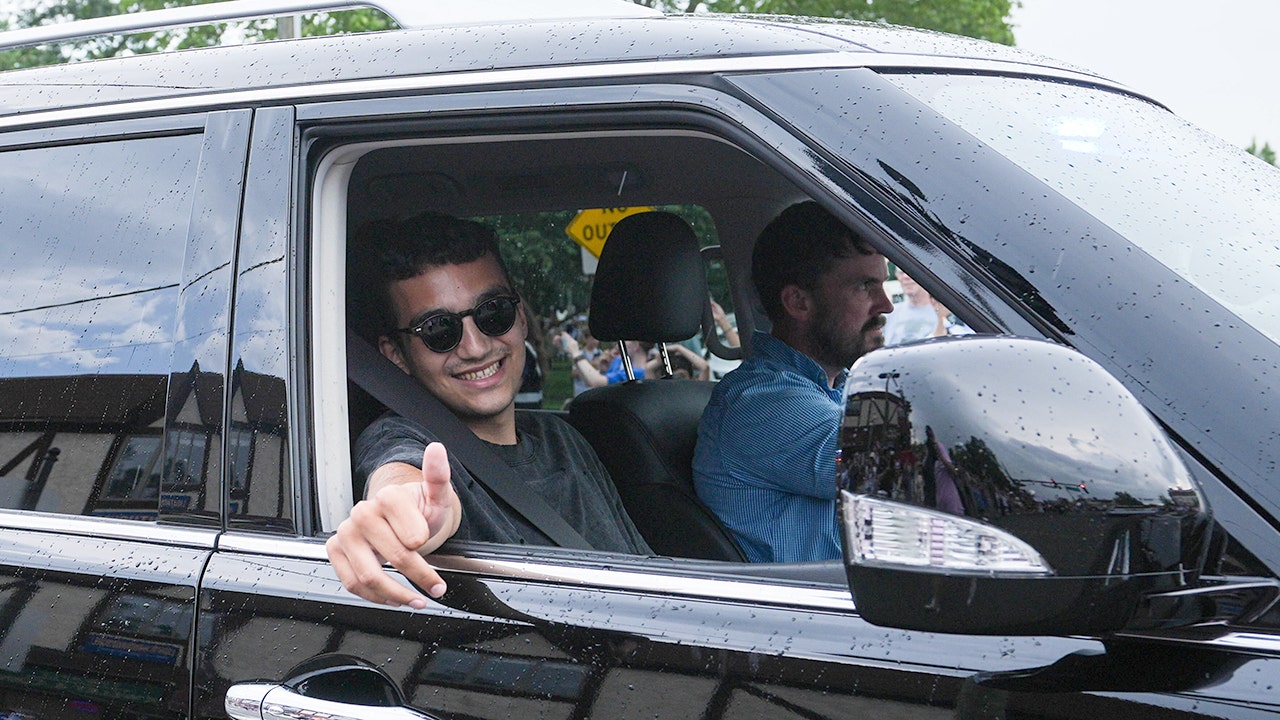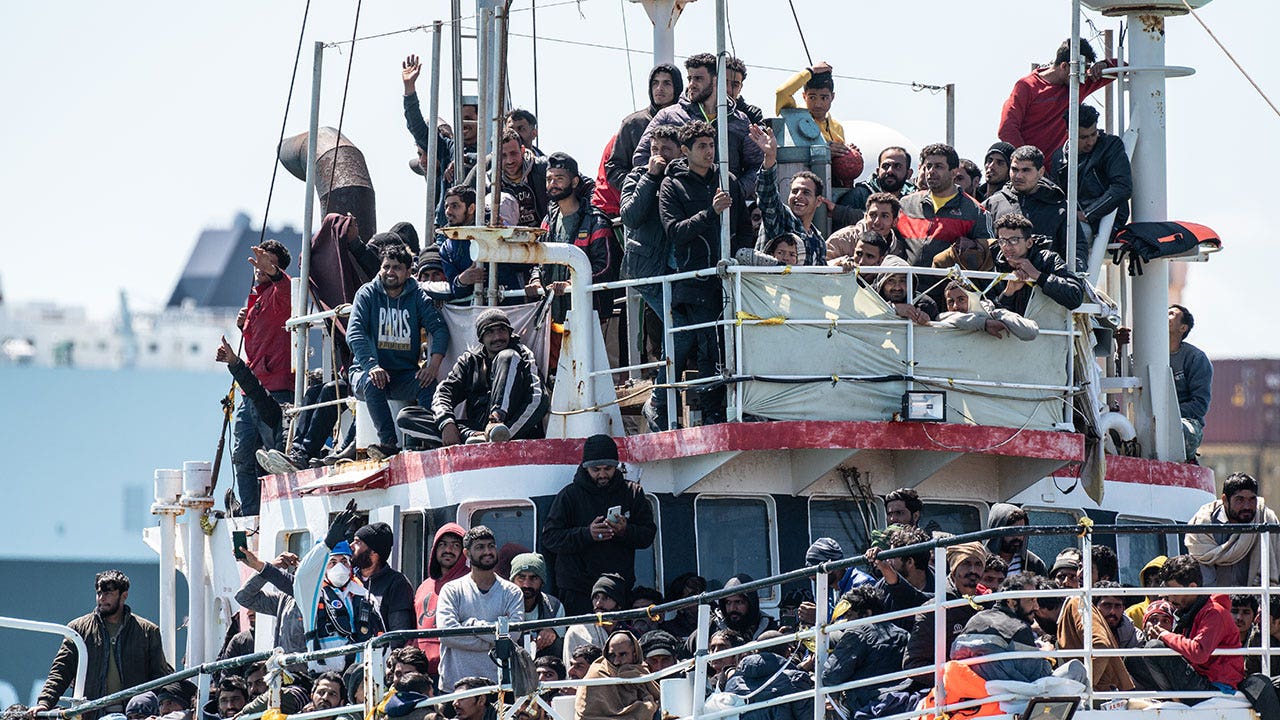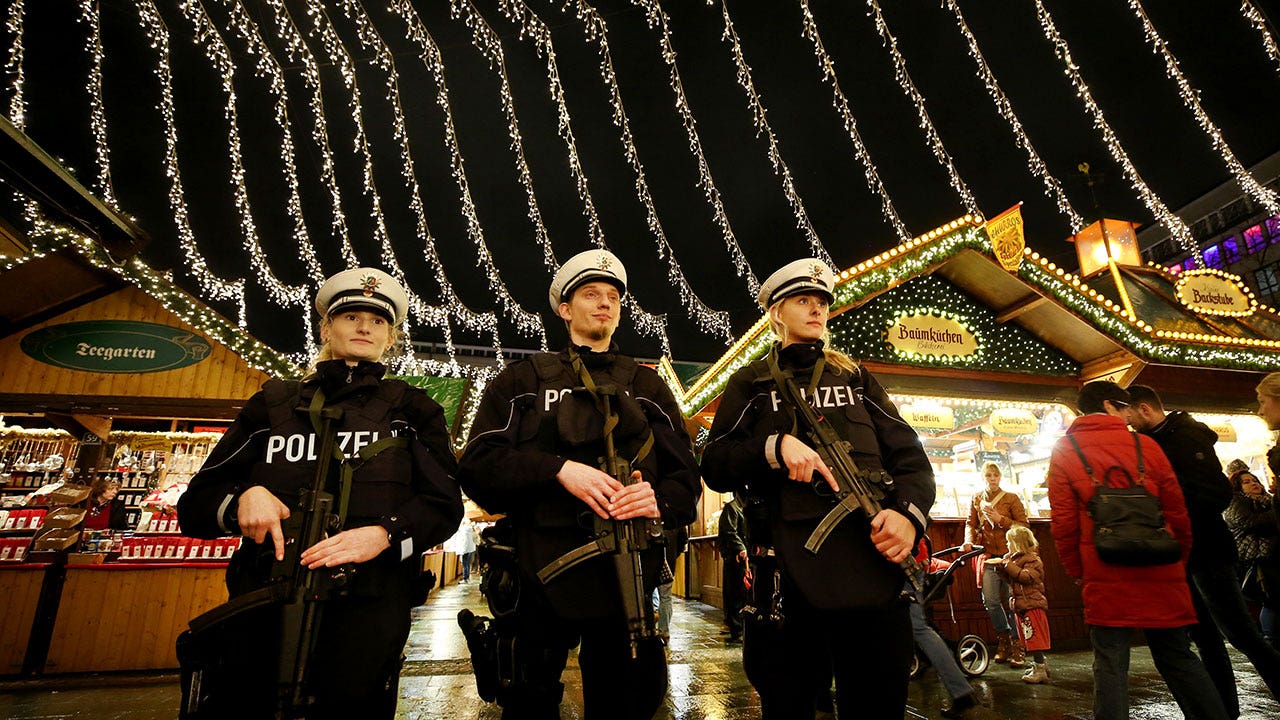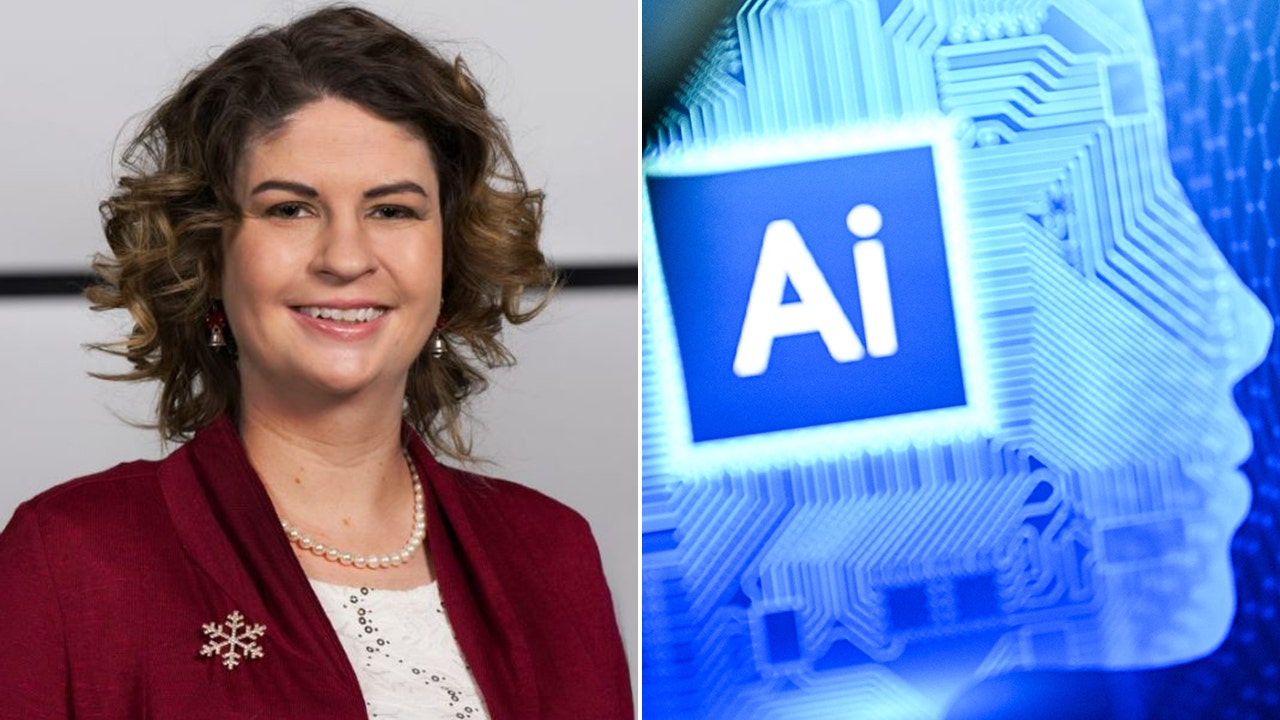NEWYou can now listen to Fox News articles!
The effects of both President Donald Trump and Russian President Vladimir Putin’s war in Ukraine on NATO have forced swift and potentially permanent changes in the alliance.
Following last month’s announcement that the majority of NATO’s 32 members had agreed to increase defense spending to hit 5% of each nation’s GDP, Trump drew headlines after he drastically changed his tone and declared the alliance was no longer a “rip-off.” But his previously tough stance saw undeniable results in how the security group operates.
“Trump has changed the game,” Peter Doran, an expert on Russia, Ukraine, and transatlantic relations, and an adjunct senior fellow at the Foundation for Defense of Democracies, said. “[Then] there’s Vladimir Putin, who has clearly awakened the Europeans to the danger that Russia presents to them.”
Beginning in his first term, Trump made clear his resentment that only five NATO allies were meeting their 2% GDP defense spending pledges, and those criticisms rang loudly following his return to the campaign trail for the 2024 election amid Russia’s war in Ukraine.
Questions ran rampant over whether Trump would not only continue to provide strong U.S. support for Ukraine, but whether Washington would remain a reliable ally for Europe when confronted with the reality of a war-ready Russia.
RUSSIA SAYS NATO THREATENS WWIII IN LATEST DETERRENCE PLAN THAT COULD TAKE DOWN KALININGRAD ‘FASTER THAN EVER’
Though an increasing number of NATO nations began upping their defense spending commitments following Russia’s 2022 invasion of Ukraine, several allies began pushing for changes before Trump even re-entered the White House.
Trump not only threatened to remove troops from Europe and divert them to positions in Asia, but he suggested he might not come to the defense of a NATO ally should they be attacked, infamously saying at a February 2024 campaign event, “You don’t pay your bills; you get no protection. It’s very simple.”
“I would encourage them to do whatever the hell they want,” he said in regard to the threat of a Russian attack on a NATO nation.
But his tough rhetoric appeared to yield results.
NATO Secretary-General Mark Rutte — who has shared a good relationship with Trump — jokingly referred to Trump’s geopolitical tendencies for unconventional statesmanship, particularly after he used the f-word in a fiery rant about a breakdown in the Iran-Israel ceasefire during last month’s summit when he said, “Daddy has to sometimes use strong language.”
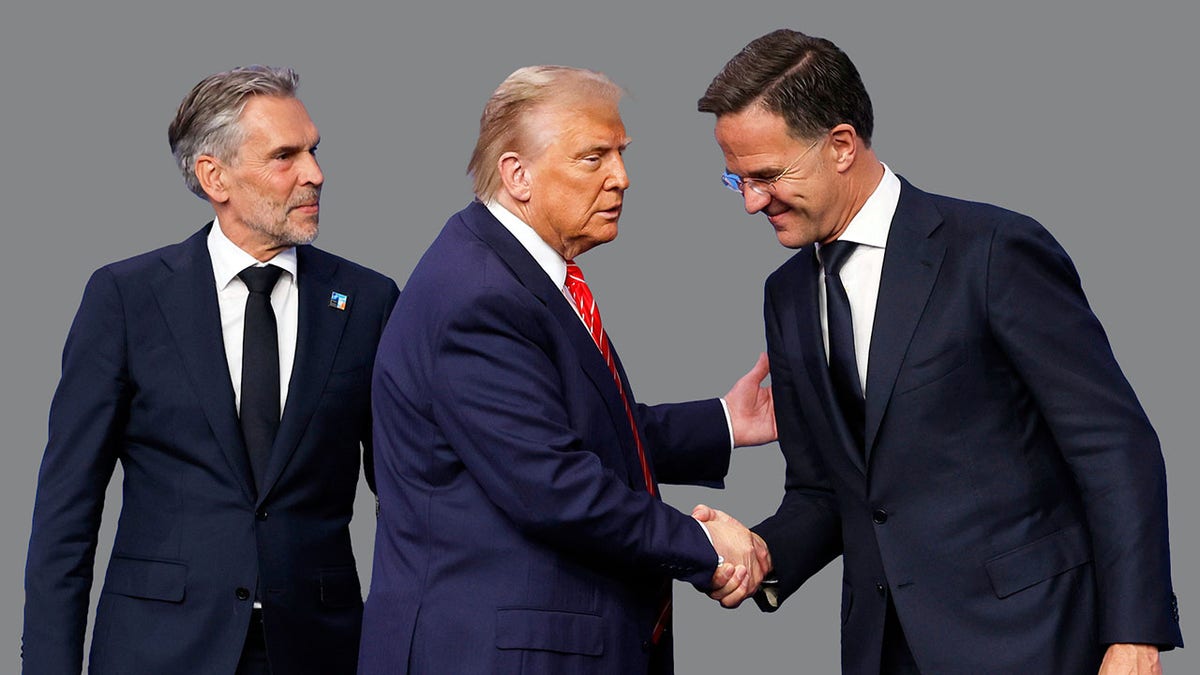
“Donald Trump’s a real contrast to Joe Biden,” Peter Rough, a senior fellow and the director of the Hudson Institute’s Center on Europe and Eurasia, told Fox News Digital. “Joe Biden, bear hugged the NATO allies to the point of smothering them with adoration, and that caused them, I think, to sit back and relax a little bit.
“Donald Trump, by contrast, exposes the allies to just enough hostile power to encourage them to do more, but it doesn’t expose them so much that it might invite a Russian attack,” he added. “And I think that’s the art of the deal, so to speak.”
PUTIN MUM ON TRUMP’S 50-DAY ULTIMATUM, KREMLIN OFFICIALS CLAIM RUSSIA ‘DIDN’T CARE’
But while experts agree it is unlikely that NATO nations would have stepped up their spending on defense even more without the pressure Trump put on them, Russian President Vladimir Putin’s role in re-invigorating NATO cannot be ignored.
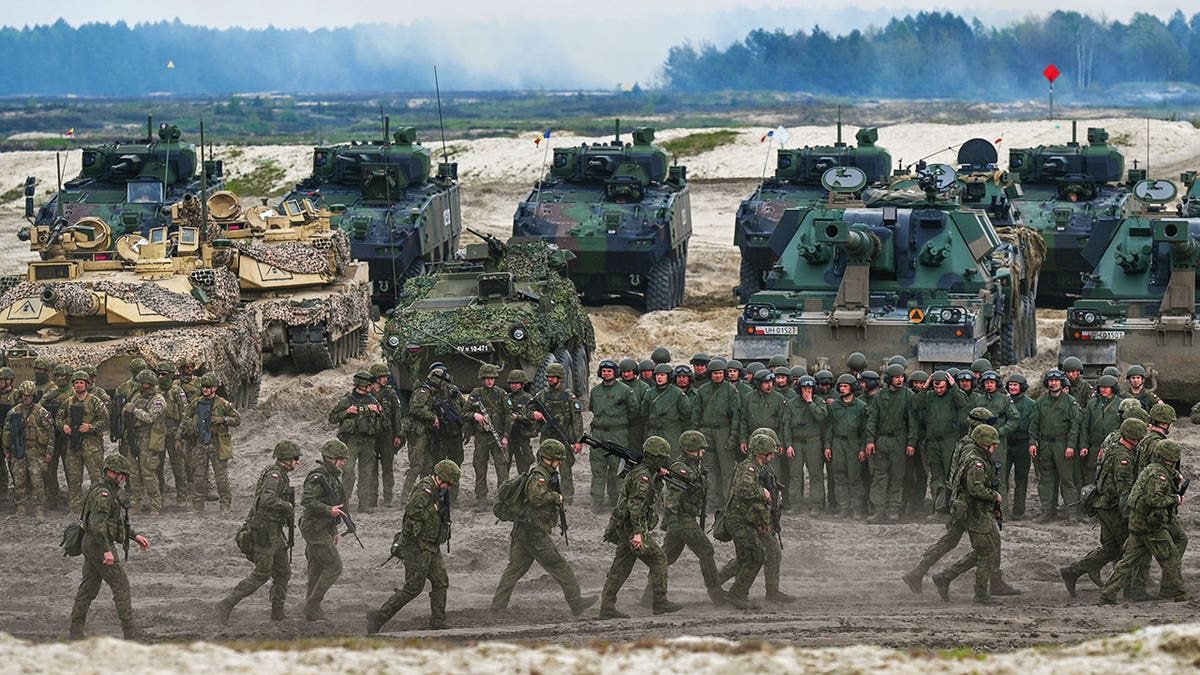
“If Vladimir Putin and the Russians in the post-Cold War period had sought to engage Europe and chosen more of a democratic future, there might not be a NATO Alliance today,” Rough said. “But Putin has given NATO a real reason to exist, and President Trump has done his part by… cajoling, pushing, nudging the allies.”
But not everyone is convinced that the changes NATO is undergoing are permanent.
RUSSIA THREATENS WEST WITH ‘PREEMPTIVE STRIKES’ AS NATO LOOKS TO DELIVER PATRIOTS ‘AS QUICKLY AS POSSIBLE’
Mike Ryan, who formally served as Deputy Assistant Secretary of Defense for European and NATO Policy, told Fox News Digital he does not necessarily believe that the Trump and Putin presidencies have permanently changed the NATO alliance but said, “Both have energized and focused [the] allies.”
“But that’s what happens in NATO when confronted with an external crisis,” he added.
Upon Trump’s re-election there was increased concern about how the U.S. would be perceived by its allies, whether it was still considered a trusted partner or if it was returning to isolationist tendencies not seen since the lead up to World War II.
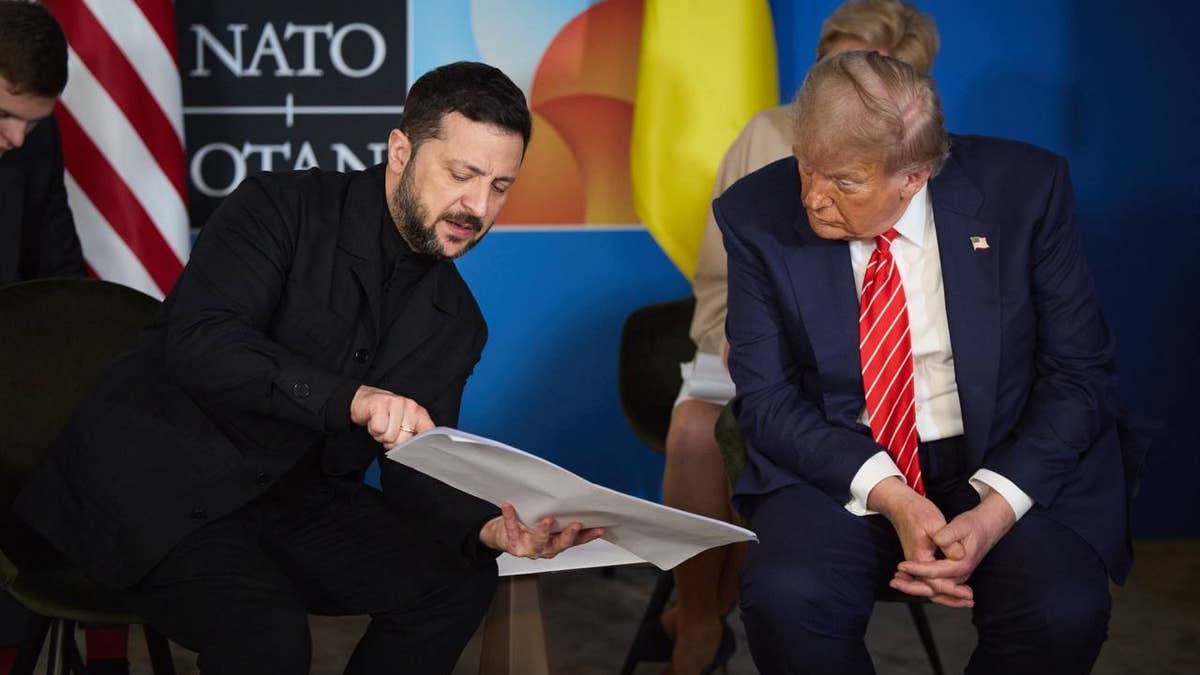
“The answer is very clearly no,” Doran argued. “If anything, Trump came back and did exactly the same thing he did in the first administration, and that was to remind the Europeans that they are chronically under-spending on defense.
“If anything, Trump hasn’t changed at all. It’s the Europeans’ awareness that they need to spend more, and they have responded positively to that challenge, and that is very encouraging,” he added.
Though Rough cautioned there is a balance to be maintained when putting such high pressure on U.S. allies.
“Donald Trump’s created a lot of anxiety in Europe, and it’s important to convert that anxiety into policy wins,” he said. “If that anxiety is allowed to linger or is exacerbated or made worse, then one could see some European states push more for so-called strategic autonomy, or a separation from the U.S.
“But if that anxiety translates to… real policy victories and partnerships with Europe, then I think it can be a healthy thing,” Rough said.
Read the full article here

